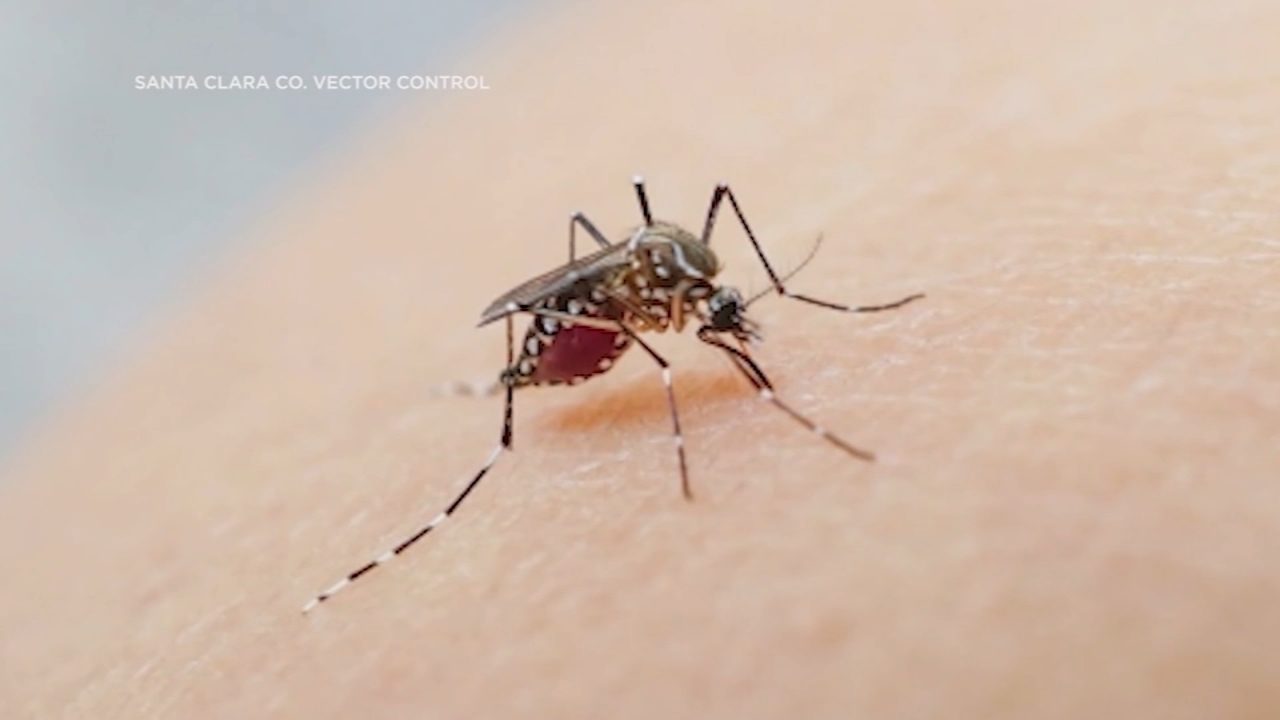Top Bay Area researchers join forces in fight against Zika virus

SAN FRANCISCO (KGO) -- The battle lines against the Zika virus are being drawn in South America, with help of top Bay Area researchers.
As global concern continues to grow over the Zika virus, UC San Francisco hosted a symposium on Monday with researchers from UCSF, Berkeley, Davis and Stanford along with public health officials.
The Bay Area's cooler temperatures and ways to quickly control the mosquito population almost guarantee that the Zika virus will not spread in the Bay Area.
RELATED: Contra Costa County health officials confirm 2 travel cases of Zika virus
"The states we worry about are Texas, Louisiana, Mississippi, Alabama, Florida, don't forget the Virgin Islands as well," said George Rutherford with the Institute for Global health.
Health and human services expect the Caribbean island of Puerto Rico to get hit hard in the upcoming months. The cases there are reportedly doubling every week.
"As of today, Health and Human Services has announced all blood in Puerto Rico will be imported from the U.S. until we can implement testing," said Michael Busch with Blood Systems Research Institute.
It will still take a few months to come up with a sure way to screen blood for the virus.
Two companies, Roche and Hologic, are working to build these tests to get them implemented as soon as possible.
The Zika virus is usually transmitted by a mosquito. In pregnant women can lead to birth defects.
"We have 40 million Americans traveling to Zika-endemic countries and that poses a risk to import cases," said Jaime Sepulveda with UCSF.
It can also be transmitted sexually and that has already happened in the U.S.
There have been 14 reported cases in the U.S. where the infected male passed on the virus to his female partner.
"They also had blood in their sperm to give you an idea how sick they were," said Sepulveda.
Blood centers including the American Red Cross is asking that people not donate blood if they traveled to Zika-affected countries in the past 28 days.
Click here for full coverage on the Zika virus.












